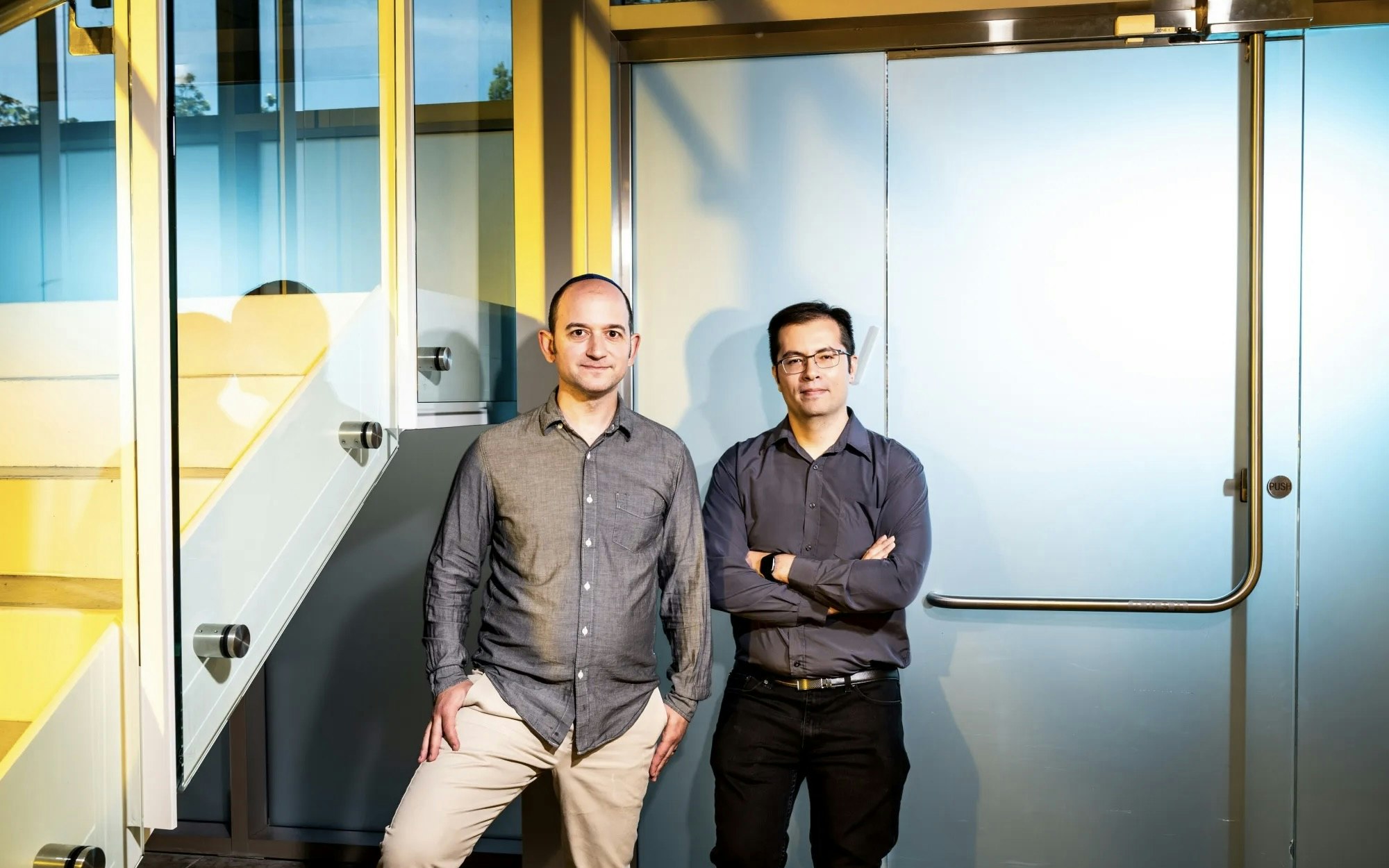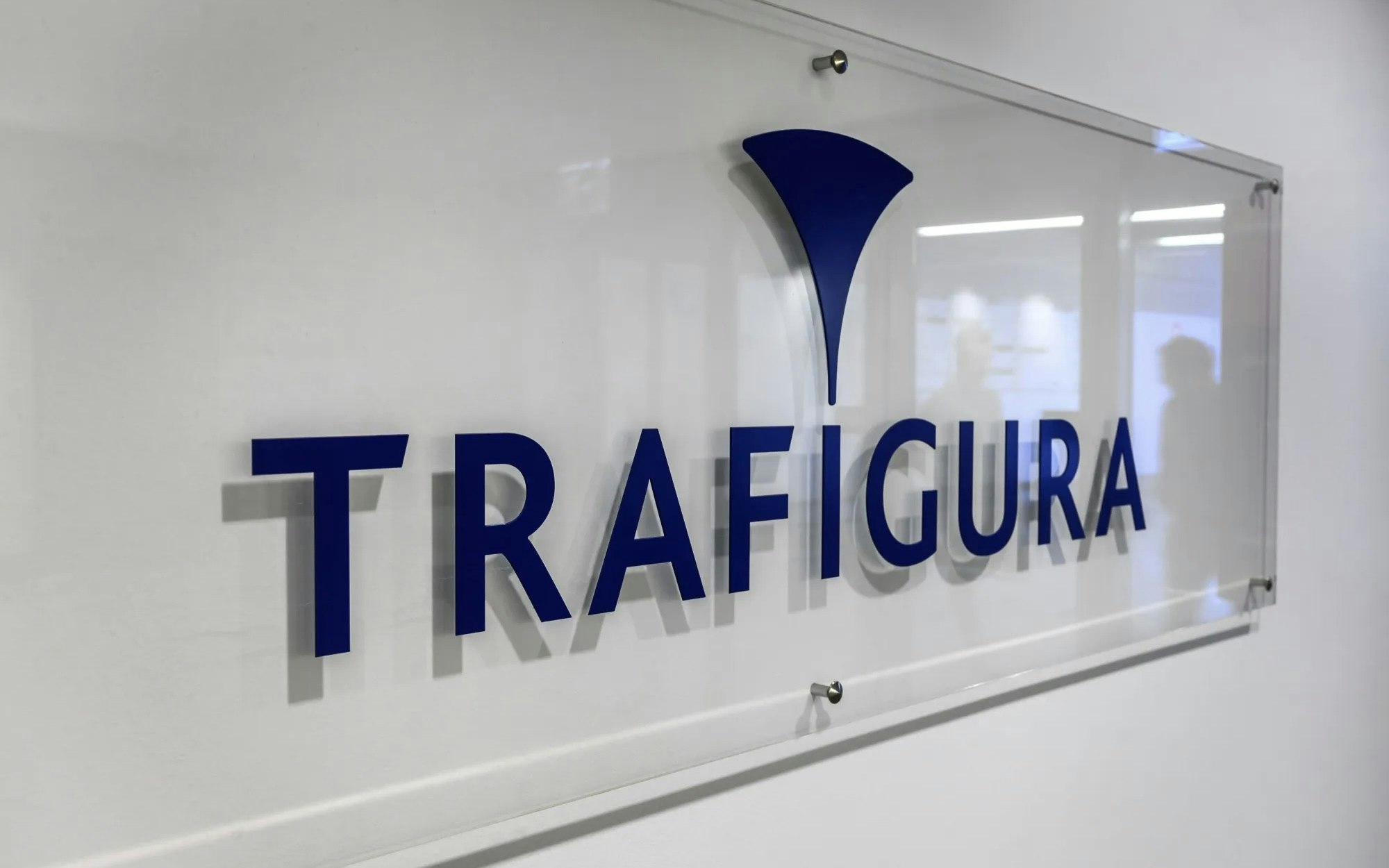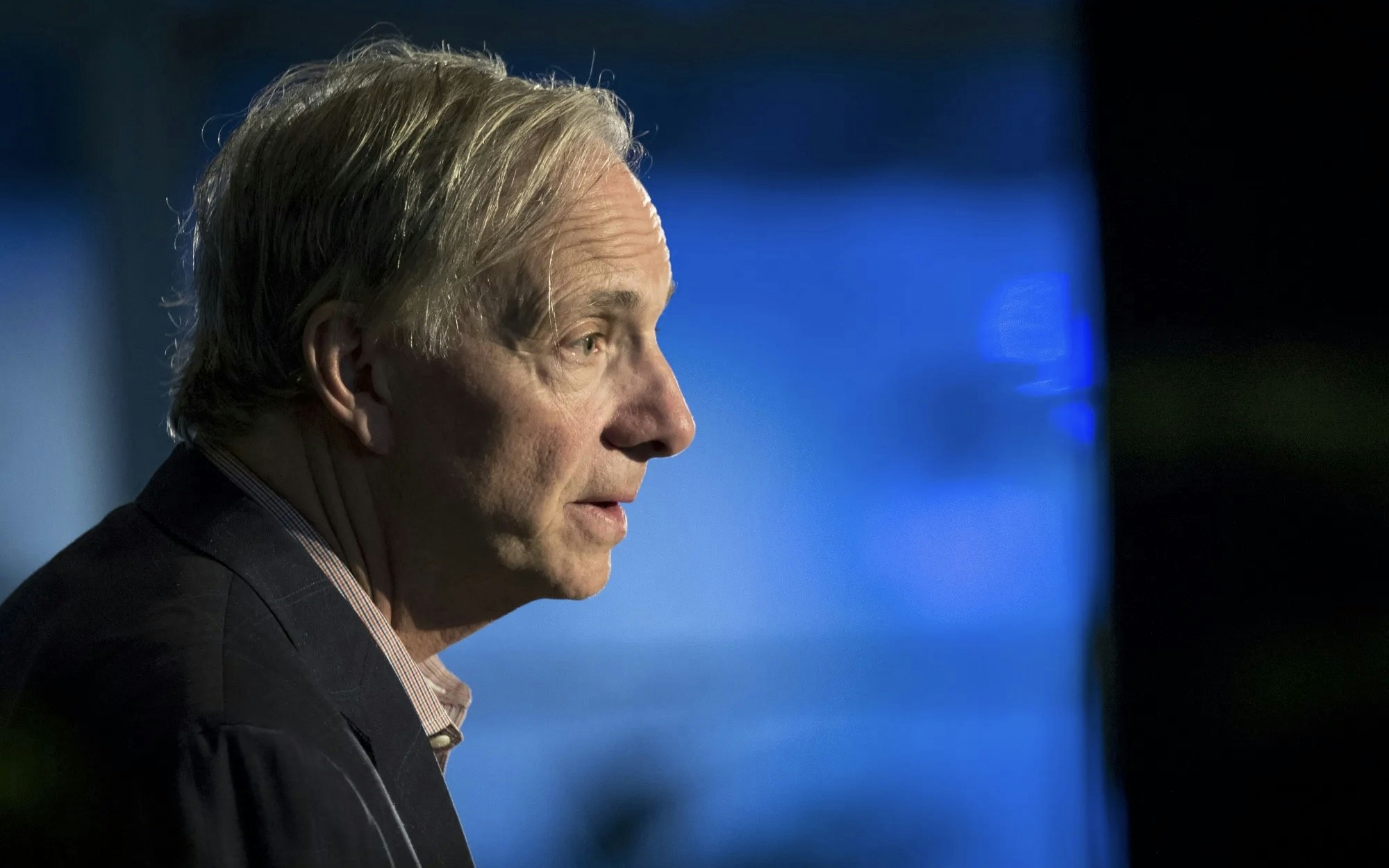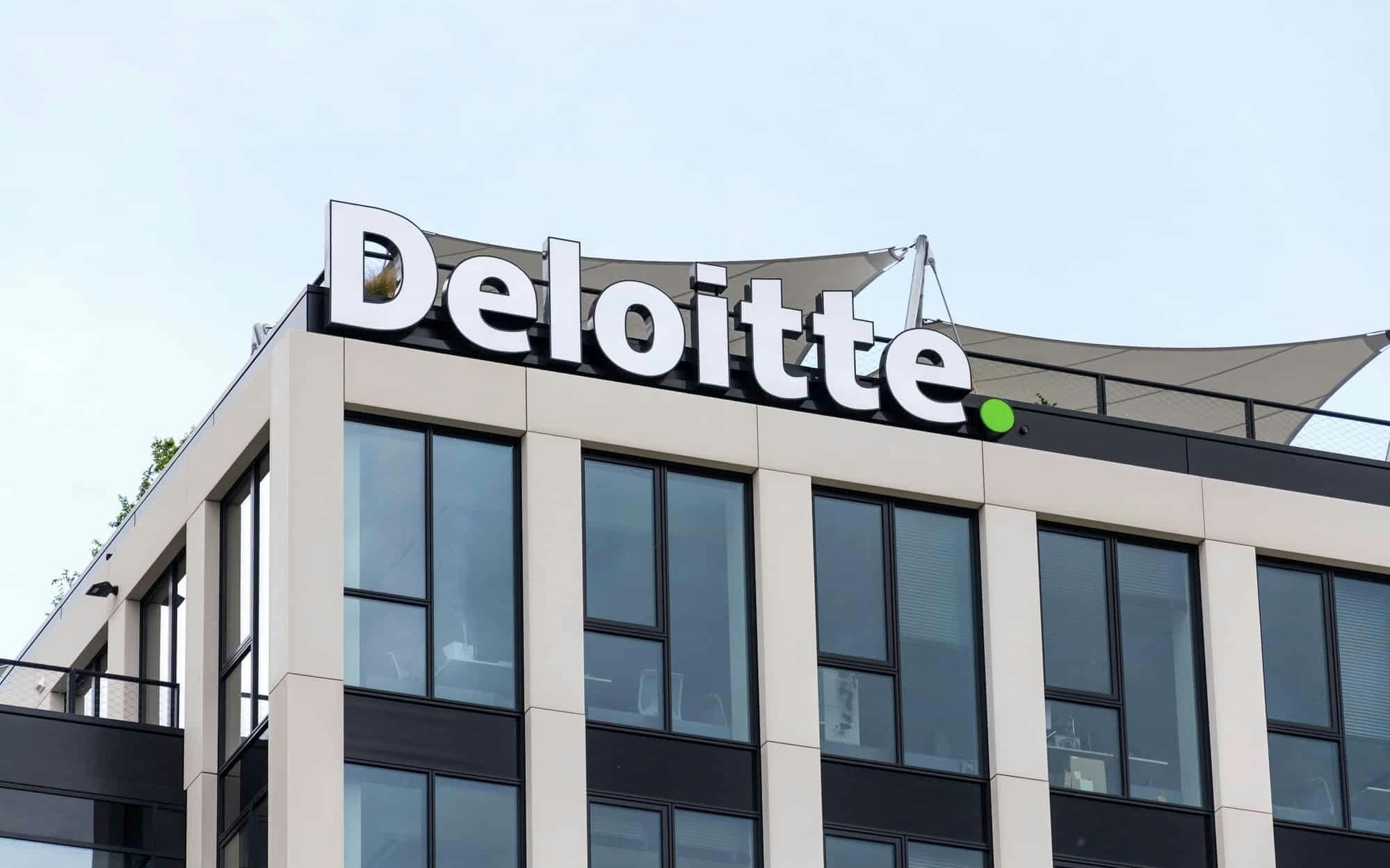The Californian AI startup Character.ai has announced that it will withdraw from the costly race to develop large language models (LLMs) against well-funded big tech companies and will focus more on improving its consumer products in the future. This move comes shortly after the departure of the two company founders, Noam Shazeer and Daniel De Freitas, to Google and a licensing agreement worth $2.7 billion with the search engine giant.
“It has become extremely expensive to train top models, which requires a huge budget that even a large start-up cannot afford,” explained interim CEO Dominic Perella in his first interview since his appointment in August. The former Google employee has been leading Character.ai since the founders' departure and has initiated the company's realignment.
Originally, Character.ai aimed to develop its own LLMs, but the growing dominance of competitors like Microsoft-backed OpenAI, Google, and Amazon caused the costs for building and training such models to skyrocket. The focus is now shifting to the company's popular chatbots, which simulate conversations in the style of well-known characters and celebrities, including those designed by the users themselves.
The development reflects the challenges faced by start-ups in the emerging AI industry.
In August, Character.ai announced that Google will take over around 20 percent of their employees and acquire a one-time license for the startup's existing AI models. The tech giant paid 2.7 billion USD for the license, without gaining access to future developments. The agreement also included the return of the two founders, Shazeer and De Freitas, to Google, who had left the company in 2021 after Google refused to release their AI chatbot.
The concern for Character.ai is that the big tech companies can easily imitate the products that Character.ai develops with their financial resources and global reach," said Jamie MacEwan, an analyst at Enders Analysis. "The founders were a major asset of the company, and without them, it may be difficult to maintain a technological advantage.
With the proceeds from the Google deal, Character.ai has paid off its investors and reorganized the ownership structure within the company. Employees of the startup received a one-time payout in addition to an equity stake in the company, which Perella described as a "unique structure that is almost unheard of in Silicon Valley." Despite the restructuring, the company still has enough capital to continue operations for at least 18 months.
The Google deal also led to a downsizing of the team. About 30 employees moved to Google, and Character.ai recently parted ways with another ten employees, including recruiters specializing in the hiring of AI engineers. Perella emphasized that these positions were "no longer relevant for the business model.
Character.ai has recently experienced rapid growth and now reaches 20 million monthly active users, primarily aged 13 to 25. The main source of revenue is subscription models, which, however, only encompass a small portion of the user base.
In recent weeks, we have agreed on the mission to create the next big platform and utilize AI to achieve this vision," said Perella. The company plans to enter into similar long-term licensing agreements as with Google and hopes to return to the venture capital market.







